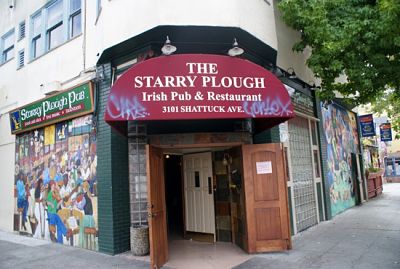Come Come where the booze is cheaper,
Come Come where the pots hold more,
Come Come where the boss is a bit of a sport,
Come Come to the pub next door!
George Orwell, that master of the essay, has a lovely piece on writing called “Good Bad Books.” Of course, you can read all his essays online now (although they are rife with typos, even more than my notes here!), including this one. In it, he notes that some authors who write commercially, without intellectual pretensions, remain readable long after their higher-toned colleagues are forgotten. He comments: “In each of these books the author has been able to identify himself with his imagined characters, to feel with them and invite sympathy on their behalf…In novelists, almost as much as in poets, the connection between intelligence and creative power is hard to establish. A good novelist may be a prodigy of self-discipline like Flaubert, or he may be an intellectual sprawl like Dickens. Enough talent to set up dozens of ordinary writers has been poured into Wyndham Lewis’s so-called novels, such as Tarr or Snooty Baronet. Yet it would be a very heavy labour to read one of these books right through. Some indefinable quality, a sort of literary vitamin, which exists even in a book like If Winter Comes, is absent from them.”
 I was reminded of and searched out the essay because I recently went to my first poetry slam, at the Starry Plough in Berkeley. The raw energy of the poets was invigorating and made the evening better than many a literary night of droning poets searching their soul for meaning. Lots of that indefinable literary vitamin. I was reminded of this sentence from Orwell’s essay:
I was reminded of and searched out the essay because I recently went to my first poetry slam, at the Starry Plough in Berkeley. The raw energy of the poets was invigorating and made the evening better than many a literary night of droning poets searching their soul for meaning. Lots of that indefinable literary vitamin. I was reminded of this sentence from Orwell’s essay:
There are music-hall songs which are better poems than three-quarters of the stuff
that gets into the anthologies.
Here, here! Next time I go, I may perform.
You will perform! I command you!
I signed up last Wednesday, but didn’t get chosen. I will tho. Think I’ll take the name “Feral Meryl.” That should get me on…